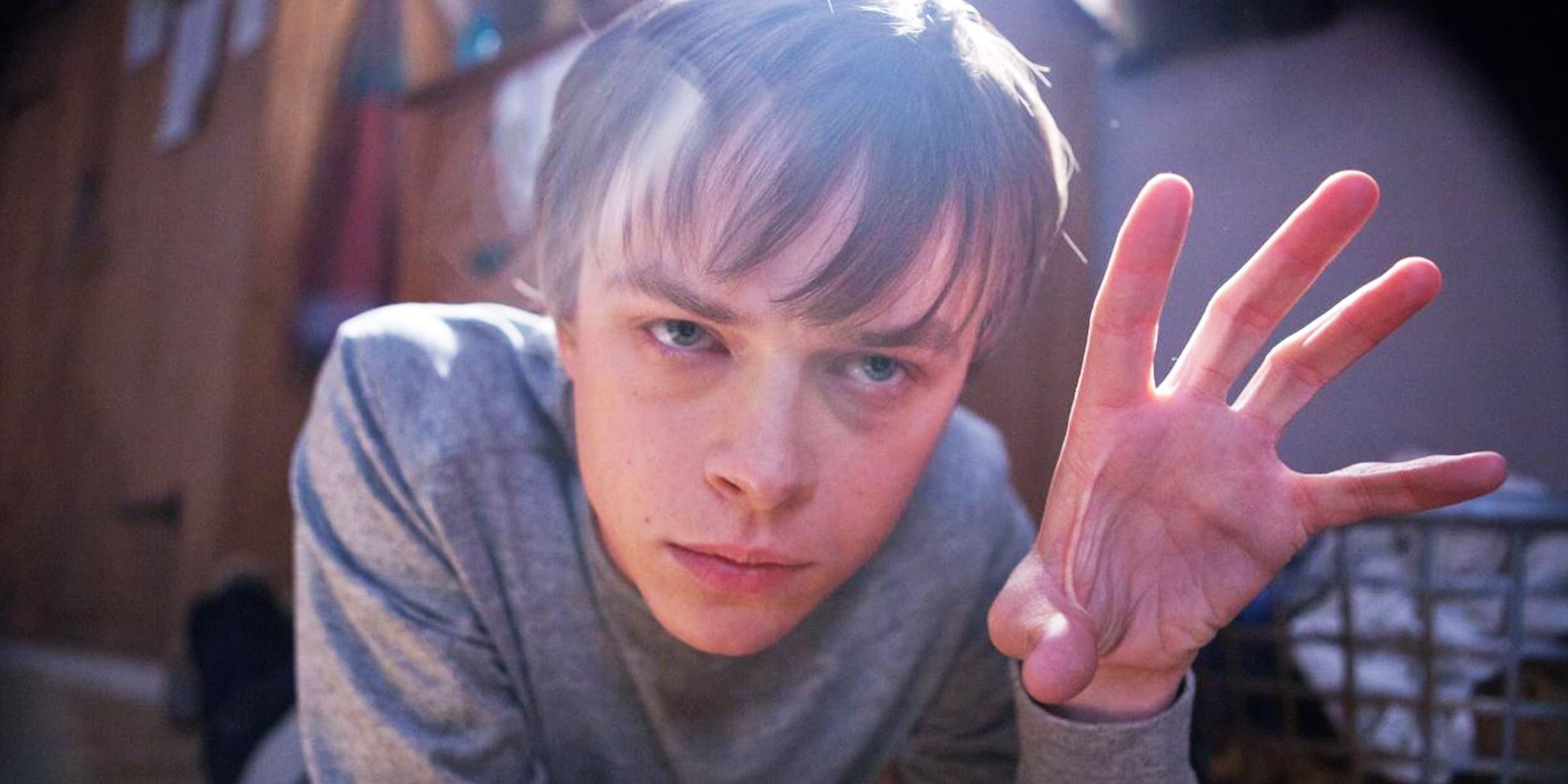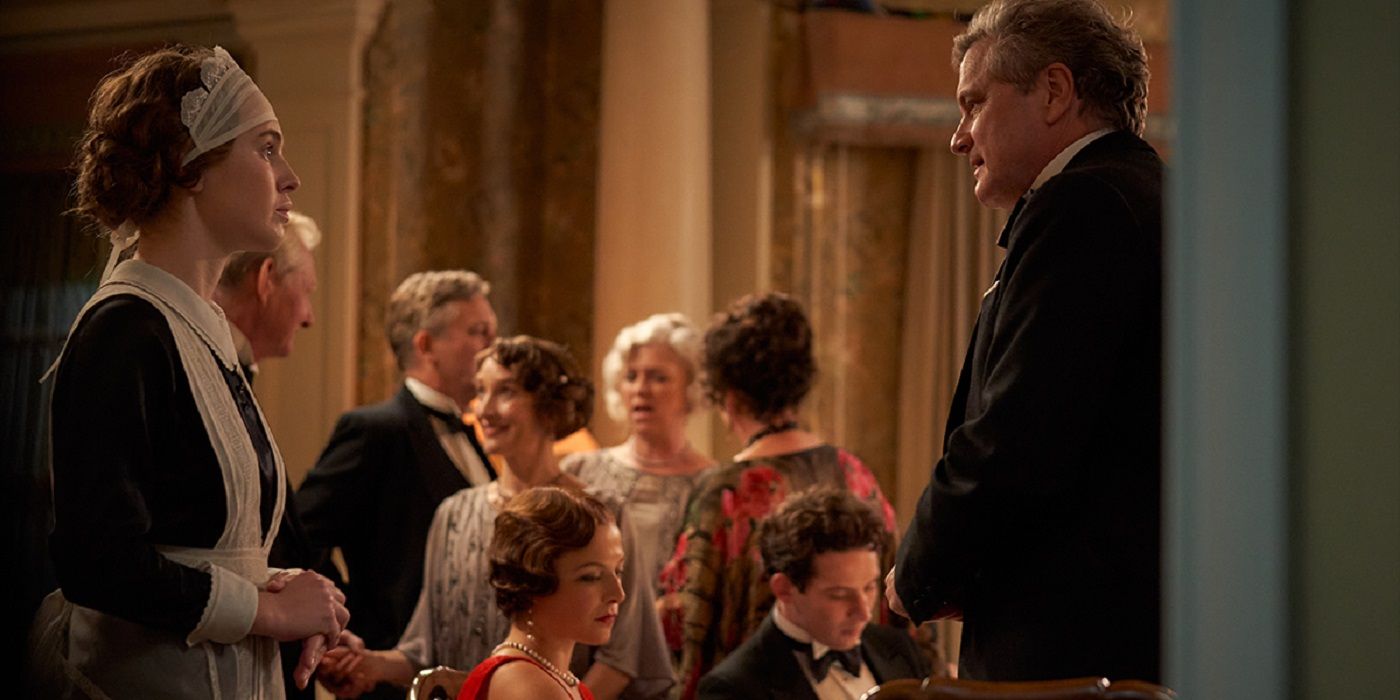Related
heartbreak permeatesMothering Sunday , choke every aspect of the characters ’ life , weighing heavily on their minds and impinge on the day-after-day delight that once existed in the years prior . It ebb away and flow rate , influences , and also inspires , but is never forget ; even as the eld and life travel on , the aching smell remains , the collective loss so overwhelming that to continue function often feels almost impossible . aim by Eva Husson from a screenplay by Alice Birch , Mothering Sunday(based on the novel by Graham Swift ) tilt into the heaviness of grief in the years after World War I. The film is tender and serious-minded in its exploration of loss , lingering in the detail and memories shaping life-time , almost godly in its glide path .
Mothering Sundayfollows Jane Fairchild ( Odessa Young ) , a housemaid work for the Nivens ( Colin Firth and Olivia Colman ) in the countryside of England . The Nivens have lost their two sons to the war and their every fundamental interaction with each other depicts how strained their kinship has become since . Jane keep open to herself for the most part , but her affair with Paul Sheringham ( Josh O’Connor ) , the son of the Nivens ’ friends and neighbors , involves her in the heavy emotions and stories of the family . The story mainly takes place on Mother ’s Day in 1924 , though the film place off to visit Jane ’s future and her family relationship with Donald ( Sope Dirisu ) at various points .
Related : TIFF Review : Encounter Is An Intriguing , Intense Thriller Led By Riz Ahmed

Donald tells Jane that because she was transport to become a servant at an early age , she became an “ occupational observer of life , ” which is exactly how Husson approaches the film ’s premise . Jane watch , listens , claim in every detail as though to consecrate it to memory . There ’s a deep sensation of inescapable deprivation and the story never shies away from it , even when it ’s never addressed . It cycles through each character ’s deal mechanism — namely , it ’s to annul discussing the Nivens and Sheringham ’s sons at all , much less note them by name . For Paul , however , talking about his brothers to Jane keeps their memory alive , even if he ca n’t bring them up around his household , whose secretiveness is deafening . In a turn of events of event , it ’s Jane who is charged with keep all of their memories , their fib and sorrows living on in the wrick Sir Frederick Handley Page of Jane ’s Holy Writ or the hazy reminiscence of her mind .
Husson focuses a lot on the minute of arc particular : a flower petal at full bloom , hidden pictures that speak of a prison term the families can never get back to , fingers lingering on the prickle of books , characters dressing and undressing at various point . The theater director ’s use of close - ups keep the intimacy of the account , with Jamie Ramsay ’s cinematography spectacularly capturing the melancholic mood that settle deeply into the film ’s very heart and soul . The dialogue , graceful and poetical as it is , is never exaggerated or inauthentic . Rather , the conversations between Jane and Paul and , later , Jane and Donald , are fond and calm , in effect edited ( by Emilie Orsini ) to intensify aroused moments . The movie , more than anything , touchingly enamor loss . The feelings are visceral , daunting and punishing , like a grip that refuses to let go .
There is a sinewy moment , in which Colman ’s Mrs. Niven tells Young ’s Jane that she is prosperous to have no phratry ; that way , she ’s got nothing to miss . And yet , loss can not be measured against another ’s , though the tantrum highlights how heartache may dissemble the differing classes . Mrs. Niven has the prerogative to sit down in her loss for a long time , to think nothing but of the sons she ’ll never see again . Jane , however , must go on with her life , finding ways to manage without stopping because she has to , hiding her sorrow as though it ’s not as authoritative as the Nivens ’ or the Sheringham ’s . It ’s an intriguing moral force and a unique lens to explore the heartache of demise and those it leaves behind .

At the center of it all is Odessa Young , whose performance is be active and serene , with an undertide of plaintive heaviness that seeps into her role . Mothering Sundayisn’t all sadness and weeping , though , and Young ’s back - and - forth with Josh O’Connor is occupy with as much momentary joy and magic backchat as it is heartbreak over death and impending marriages . Colin Firth and Olivia Colman , who are in pivotal , but much small roles , are as as good . The plastic film does n’t always flow so smoothly , however , and there are instances where the trice - forward scenes are jarring , discourage from the primary time period in which the story is set . Regardless of this , Mothering Sundayis a powerful and attractively told narration , gentle in its approach , deliberate in its carrying out , and heartbreakingly effective in all of its joyfulness and sadness .
Next : TIFF Review : All My Puny sadness Is Poignant , But Does n’t Dig Deep Enough
Mothering Sundayhad its premiere at the Toronto International Film Festival on September 10 , 2021 . The pic will be turn in theaters on November 19 . Its runtime is 110 minutes and it is rat roentgen for intimate subject , graphic nakedness and some nomenclature .

Mothering Sunday is a British drama film directed by Eva Husson , set in post - World War I England . The tale follows housemaid Jane Fairchild , portrayed by Odessa Young , as she drop her daylight off with her secret lover , played by Josh O’Connor . The flick cut into into theme of honey , red ink , and self - uncovering , featuring Colin Firth and Olivia Colman in affirm part . Adapted from Graham Swift ’s novel , the screenplay is compose by Alice Birch .
